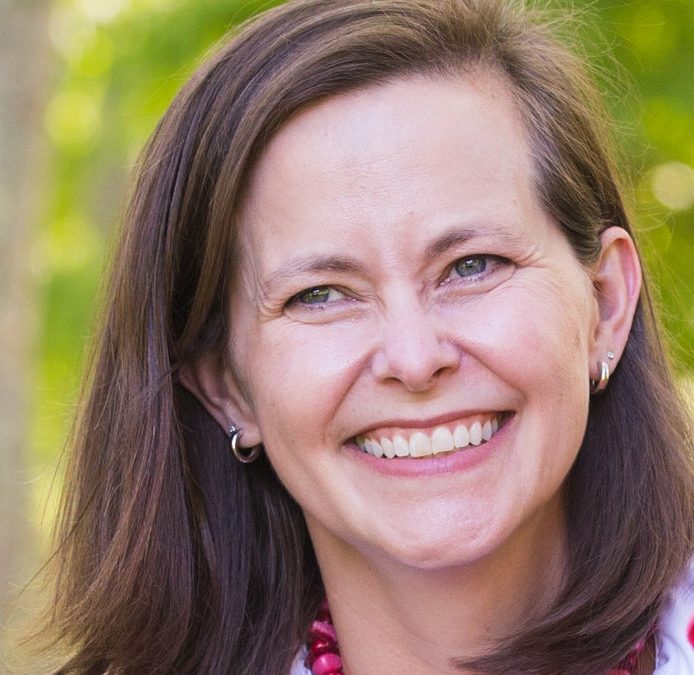To continue with our highlights of our 2020-21 Faculty Affiliates, today we are putting Dr. Angela Dills in the spotlight. Angela is the Gimelstob-Landry Distinguished Professor of Regional Economic Development and Professor of Economics at WCU.
Angela received a B.A. from the University of Virginia and an M.A. and Ph.D. in Economics from Boston University. Before joining WCU as a professor, she held faculty positions at Clemson University, Mercer University, Wellesley College and Providence College. Currently, Angela’s research focuses on policy questions in both education and health.
For her research with CSFE, Angela is focusing on telemedicine and the recently passed parity laws that allow people a different way to access healthcare. Mainly, this research zeroes in on the concern that the quality of care is not as good via telemedicine.
Telemedicine includes not only video conferencing with your provider but also interactions such as sending photos of concerning issues to your provider, your provider sending medical images to a specialist or the use of asynchronous electronic transfer technology used to provide constant monitoring to patients with heart conditions or diabetes.
Since the beginning of the COVID-19 pandemic, telemedicine has been utilized far more to prevent furthering the spread of the virus. Thus, many states and the federal government have adopted pandemic-specific rules that allow more patients to use their insurance to cover telemedicine access to their providers.
“But not only are more people using telemedicine because of the pandemic but a lot of states and Medicare and Medicaid programs have relaxed their rules on telemedicine and made it a lot easier for people to use telemedicine and have their insurance cover the telemedicine and we’ve seen telemedicine explode,” said Angela.
With no real end date to the pandemic set in stone, the question becomes if these relaxed laws will stay in place. Through Angela’s research, she has found that there really is no lapse in the quality of care that patients receive, providers can cut down costs using these methods and people have more access to healthcare and specialists. These results argue for keeping the pandemic-rules in place, even after the pandemic.
“Telemedicine holds a lot of promise for Western North Carolina and in general areas in the US that look like Western North Carolina. We are medically underserved, particularly in the very western counties and telemedicine provides opportunities for people who might have to drive two hours each way to get to Asheville to see a specialist or to get to another larger metropolitan area to see a specialist. Telemedicine provides opportunities for patients to more easily and more affordably access care, making rural areas more livable.” said Angela.
We are very proud to have Angela in our 2020-21 Faculty Affiliate cohort and for her hard work and research. Her issue brief on telemedicine will be available in March. On the horizon, Angela is working with Audrey Redford and another co-author on a paper about death by distribution laws.
Thanks to Angela for making her work a part of CSFE.

